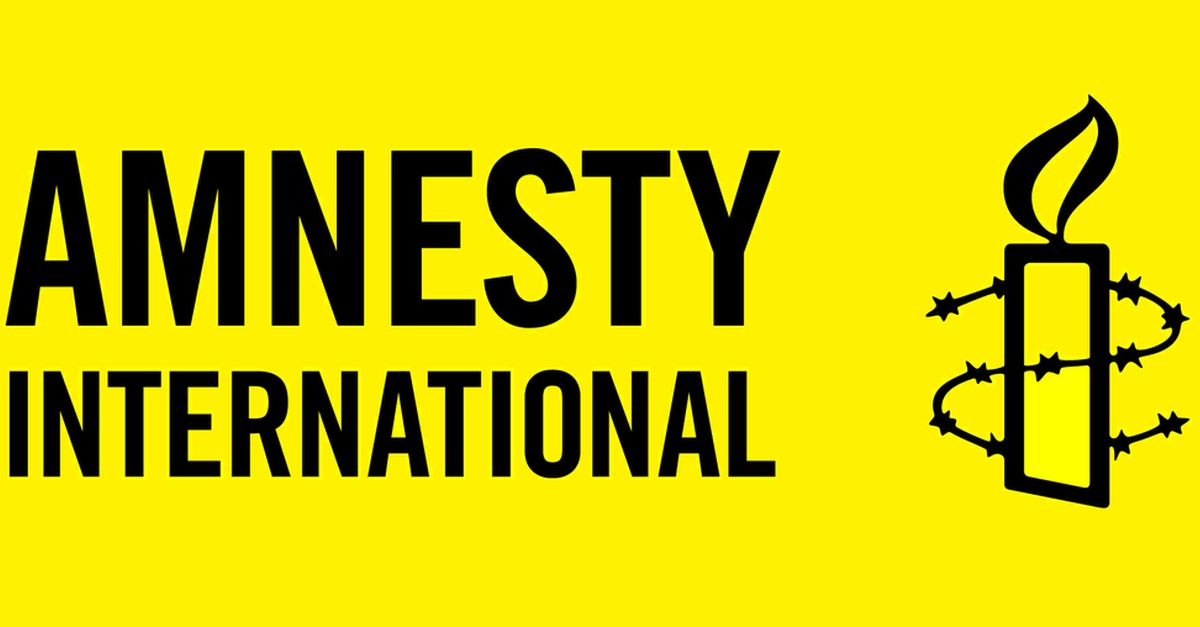
Haiti: Killing of President and grave human rights violations under his watch must be urgently investigated
Published By Amnesty International UK [English], Thu, Jul 8, 2021 3:01 AM
Escalation of violence a deep concern, as four assassination suspects shot dead
Jovenel Moïse’s government alleged to have been involved in three massacres
‘This is a wake-up call for the international community’ - Erika Guevara-Rosas
The armed assault that killed Haitian President Jovenel Moïse must be promptly and impartially investigated alongside the grave human rights violations that are continuing in the country, Amnesty International said today.
“The killing of President Jovenel Moïse must be immediately and impartially investigated, alongside the grave human rights violations and chronic impunity that ordinary people have suffered under his watch. “This is a wake-up call for the international community, and for the Haitian authorities who have overseen chronic impunity and ignored the calls of human rights defenders that has paved the way for such a serious crisis.”
Amnesty is deeply concerned at the potential for an escalation of violence in the coming days, and will be monitoring any protests as well as attacks against human rights defenders and Haitians.
Last night, four people suspected of assassinating Moïse were killed in a shootout with security forces. Two others have been detained, while a number of other suspects remain at large in the capital of Port-au-Prince.
Amnesty is calling on the Haitian authorities to put human rights at the centre of their response to the political crisis. The international community must also provide assistance to the country in order to help de-escalate violence and provide human rights protection to those at risk. Countries also have an obligation to allow those who leave the country in search of international protection to seek asylum.
Protests and widespread violence have been ongoing in Haiti since at least 2019 and during this time human rights defenders and journalists have come under increasing attack. Last week, the Committee for the Protection of Journalists condemned the killing of journalist Diego Charles. An activist, Antoinette Duclair, was also killed.
In May, Amnesty documented the case of Milostène Castin, a defender of the rights of subsistence farmers who have suffered land seizures, displacement, and violent attacks in north-eastern Haiti.
The Observatoire Haïtien des Crimes contre l’humanité (OHCCH) and Harvard Law School’s International Human Rights Clinic issued a report in April alleging complicity of the Haitian government in three massacres targeting impoverished neighbourhoods carried out between 2018 and 2020. The report points to evidence that the attacks, carried out by gangs, were supported by state actors, including President Moïse, and alleges these acts could amount to crimes against humanity.
A UN report, published in January this year, also documented a sharp increase in human rights violations during the 2018 and 2019 protests, and called on the authorities to address underlying concerns including “impunity, corruption, structural inequality and adequate standard of living in order to restore public confidence and prevent future unrests”.
Human rights organisations, including the Institute for Justice and Democracy in Haiti, have repeatedly raised concerns about chronic impunity and judicial dysfunction in Haiti, including in a hearing before the Inter-American Commission on Human Rights held in December last year.
Press release distributed by Media Pigeon on behalf of Amnesty International UK, on Jul 8, 2021. For more information subscribe and follow